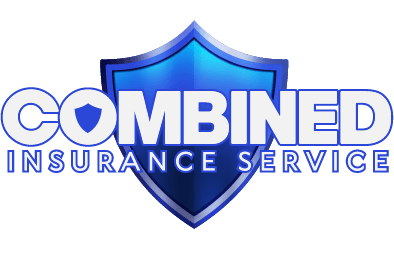Homeowners and Renters Insurance: What Coverage Do You Need?
Whether you own a home or rent a property, having the right insurance coverage is key to protecting your belongings, your finances, and your peace of mind. The types of insurance you need will depend on your living situation—homeowner or tenant.
Below are the most common insurance coverages associated with homeowners and renters insurance.
1. Homeowners Insurance (For Property Owners)
Homeowners insurance provides comprehensive protection for property owners. It typically covers:
-
Structural damage to your home from fire, theft, vandalism, windstorms, or certain natural disasters
-
Personal belongings such as furniture, clothing, and electronics
-
Liability protection in case someone is injured on your property
-
Additional living expenses if your home becomes uninhabitable due to a covered event
This policy is essential for anyone who owns a single-family home, condo, or townhome.
2. Renters Insurance (For Tenants)
Renters insurance is designed for tenants who do not own the structure they live in. It provides:
-
Personal property protection for belongings inside the rental
-
Liability coverage if you’re held responsible for injuries or property damage
-
Additional living expenses if you can’t live in the rental due to a covered incident
It’s a cost-effective way for tenants to protect their possessions and reduce financial risk.
3. Personal Property Coverage
This coverage applies to both homeowners and renters. It helps repair or replace personal items damaged by:
-
Fire
-
Theft or burglary
-
Vandalism
-
Water damage (from burst pipes, not floods)
Covered items include electronics, furniture, appliances, and clothing. It’s important to inventory your belongings to ensure adequate coverage limits.
4. Liability Insurance
Liability coverage protects you financially if you’re held responsible for:
-
Injuries to guests
-
Damage to someone else’s property
-
Legal fees, court judgments, and medical expenses
This is vital whether you own or rent—accidents can happen to anyone.
5. Additional Living Expenses (ALE) Coverage
If your home or rental becomes uninhabitable due to a covered loss (like a fire or storm), ALE coverage helps pay for:
-
Temporary housing (hotel or rental unit)
-
Meals and transportation
-
Laundry or other displacement-related costs
This coverage helps maintain your standard of living while your home is being repaired.
6. Medical Payments to Others
Medical payments coverage (med pay) helps pay for minor injuries that occur on your property—regardless of fault.
-
Doctor visits
-
X-rays or emergency care
-
Funeral expenses (in severe cases)
This coverage helps avoid lawsuits for small incidents and is often included in both homeowners and renters policies.
7. Flood Insurance (Optional but Often Necessary)
Standard home and renters policies do not cover flood damage. If you live in or near a flood zone, you should purchase separate flood insurance through:
-
The National Flood Insurance Program (NFIP)
-
Private flood insurance carriers
Flood coverage protects both the structure and your belongings, depending on your policy type.
8. Earthquake Insurance (Based on Location)
Most standard home insurance policies exclude earthquake damage. If you live in an area prone to seismic activity, consider adding an earthquake endorsement or a standalone policy.
This coverage can help pay for structural repairs, personal property replacement, and temporary housing.
Final Thoughts
Whether you’re a homeowner or a renter, insurance is your financial safety net. The right combination of coverage can protect against unexpected events like fire, theft, liability claims, and natural disasters.
✅ Homeowners should consider:
-
Structural, personal property, and liability coverage
-
Optional flood or earthquake insurance
✅ Renters should focus on:
-
Personal property and liability coverage
-
Additional living expenses protection
Need help finding the right policy? Contact a trusted insurance professional or your local provider like Combined Insurance Service LLC to build coverage that fits your lifestyle and location.

